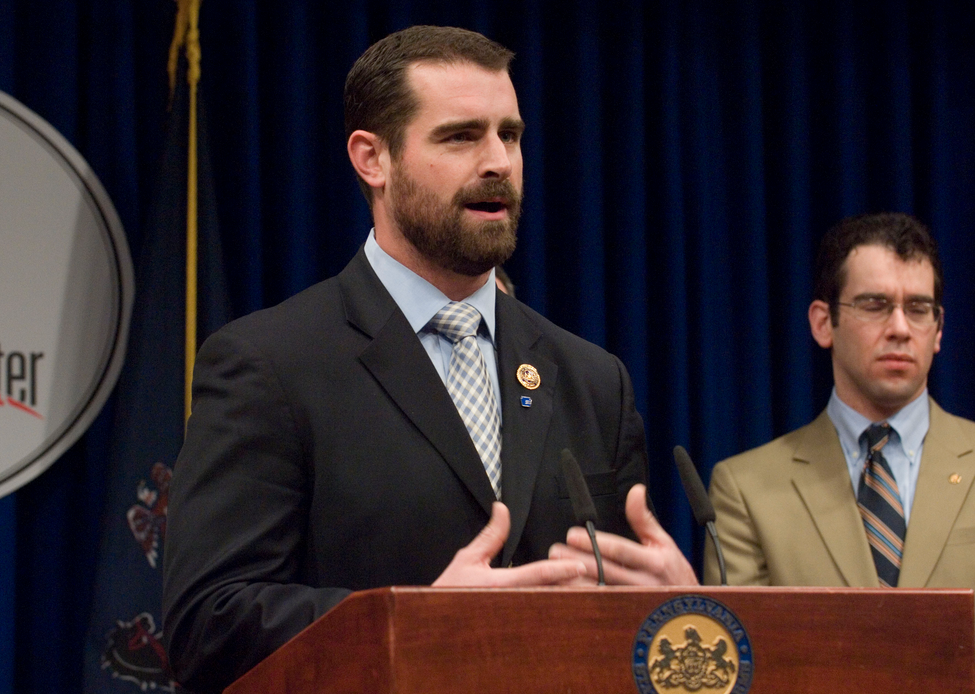Caley Seaton
Within any controversy, there are indisputable winners and losers—the reality is that there is no such thing as a perfect compromise. The losers will often take certain, sometimes unethical, measures to try and satisfy their discontent with the outcome. While it sounds juvenile, this behavior occurs disturbingly often, especially within our own governmental system. When one party loses on a decision, they immediately retaliate by fighting the bill. If the refuting fails, they take other measures that usually end up further polarizing party lines and tarnishing the already questionable reputation of our lawmaking system.
An article in the Huffington Post described how The Defense of Marriage Act was ruled unconstitutional on July 26, 2013, by a 5-4 Supreme Court vote, reversing a 17-year-old law that has prevented same-sex marriages from receiving many federal benefits. While the decision did not legalize gay marriage in all the states, a common misunderstanding among the American people, it did legitimize the marriages of the LGBT community that have occurred in the 13 states that currently recognize gay marriage, a statistic provided by ProCon, a nonprofit, politically-independent charity. It is critical for people to realize that this decision simply states that legalizing marriage cannot be considered unconstitutional. Gay marriage is still illegal and unrecognized in the rest of the 37 states that have not passed legislation permitting it. DOMA being ruled unconstitutional is a noteworthy gain in LGBT rights, but by no means has the quest for marriage equality been completed, and the negative effects of unhappy conservatives are only the beginning.
Brian Sims, an openly gay lawmaker from Pennsylvania, was the unfortunate recipient of the kind of retaliation you’d expect from a sore loser on the playground, not from the fully-grown men elected to represent the people in the legislative branch of government. A later Huffington Post article describes how, when Sims took the House floor to discuss the ruling on DOMA, several other lawmakers blocked him from being able to voice his thoughts on the subject. Although the block was executed in a procedural matter, the motivation behind it was, as stated by Daryl Metcalfe, that Sims’ comments would be in violation of “God’s Law.” As if that statement alone is not disturbing enough, he continues to extrapolate that Sims’ potential comments were “ultimately just open rebellion against what the word of God has said.”
It is a terrifying shame to be reminded on a daily basis that the separation of church and state has the metaphoric relevance of drawing a line in the sand and telling a very stubborn child not to cross it. But the child not only crosses it, but erases the line altogether and insists it was never there, because it had no right to exist in the first place. In our current system of government, religion is the root of an alarming number of issues. Gay marriage, women’s rights, abortion, and contraception are just a handful of the types of issues in which opponents try and use religion as facts to dispute the efforts of their counterparts.
While nowhere in the Constitution are the actual words “separation of church and state” written, our Founding Fathers did take measures to keep the two independent. The First Amendment explicitly states, “Congress shall make no law respecting an establishment of religion, or prohibiting the free exercise thereof; or abridging the freedom of speech.” Additionally, Jefferson, a devout Christian, wrote a famous letter to the Danbury Baptist Association, text provided by the online Library of Congress, in which he states that “religion is a matter which lies solely between man and his god.” For a senator like Metcalfe to prevent another human being from voicing his opinion on a law that directly impacts his own personal life because it would be in violation of “God’s Law” seems to be the most preposterous violation of literally the first sentence of the first amendment in the Bill of Rights. The House of Representatives is a governmental institution, and to use it as a means to protect what Metcalfe believes is “God’s Law” seems to be in direct violation of what our Founding Fathers declared.
As a senator, it is Metcalfe’s duty to uphold not God’s Law, but the Constitution’s. As Jefferson stated, religion is between man and his god, and thus one man’s version of “God’s Law” does not stand true in a country that practices a multitude of different religions. This constant influx of religion, particularly Christianity, into the debates of our lawmakers should infuriate any citizen that does not want the beliefs of a few individuals to dictate their own personal lives. Even our Christian Founding Fathers knew the dangers of letting religion permeate our government, and it’s time we started heeding their advice. After all, it is their words that created our Constitution that everybody is always arguing about.
Photo Courtesy of pahouse.com











